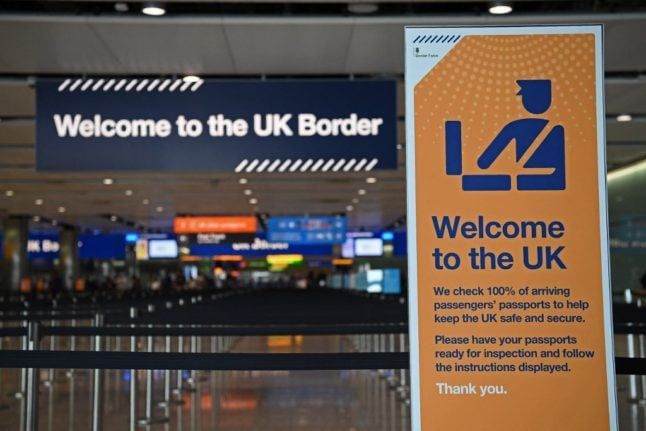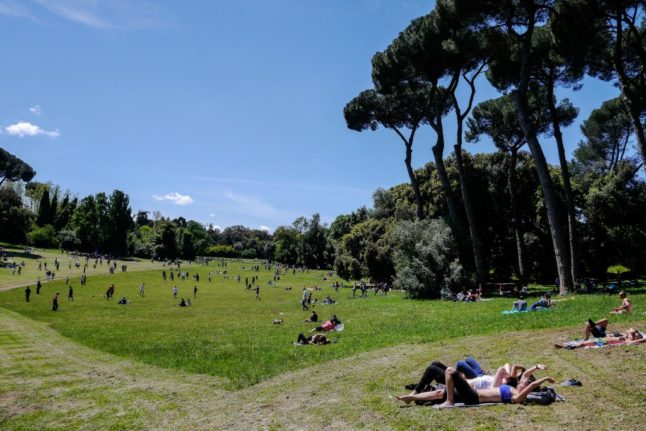The UK is operating a traffic light system for travel giving each country a designation – red, amber or green – based on data including case numbers and vaccination rates in the country.
The UK government does not differentiate between vaccinated and unvaccinated travellers, so these rules apply to all arrivals, even those who have had both doses of the vaccine.
On Thursday, governments in England, Scotland and Northern Ireland announced changes to their lists.
On the amber list are all the countries The Local covers; Austria, Denmark, France, Germany, Italy, Norway, Spain, Sweden and Switzerland.
However things have changed for Spain’s Balearic islands, previously on the amber list they have now been moved to the green list by England, Scotland and Northern Ireland – which means people who have visited the islands do not need to quarantine.
You can find the full list here.
People can travel from amber list countries for any reason – there is no need to prove that your trip is essential and entry is not limited to UK nationals or residents.
However, there are rules on testing and quarantine in place.
Arrivals must;
- Have a negative Covid test to show at the border
- Complete the passenger locator form – find that HERE
- Quarantine for 10 days – this can be done in a location of their choice including the home of a friend or family member and there is no need to pay for a “quarantine hotel”.
- Arrivals also have to pay for travel-testing kits which cost around £200 per person.
It should also be noted that the UK government advises against travel to amber list countries for leisure or tourism reasons. This isn’t a travel ban, but this kind of official advice can invalidate travel insurance, so check your policy before you travel.
There are some exemptions to the quarantine for compassionate reasons or for people in certain professions – find out more here.
Most countries require a negative Covid test for arrivals from the UK and some have quarantine in place, so check carefully the rules of the country you are travelling to or from.
On the subject of vaccinated travellers, a spokesman for the British Department of Transport told UK media: “In recognition of our successful domestic vaccination programme, and as part of the Global Travel Taskforce’s checkpoint review, our intention is that later in the summer, arrivals who are fully vaccinated will not have to quarantine when travelling from amber list countries.



 Please whitelist us to continue reading.
Please whitelist us to continue reading.
Does anyone know whether we can use an NHS lateral flow test as the rapid antigenic test for entry into Italy? These are now provided free of charge to all in the UK and we are being actively encouraged to test twice a week so I can’t see why they couldn’t be used. A negative result is evidenced by a text or email from the NHS with one’s name, date of birth and date of test so would seem to fulfil requirements?
Is anyone actually considering going to the UK for holiday if you have to quarantine for 10 days before your vacation even starts? Even if your vaccinated? I’m for sure not. My British family won’t risk coming to visit us either because they can’t quarantine upon their return to England? What good is vaccination if they still treat you like you are sick? What good is vaccinated most of the people if you still think they can get sick and die? It’s not logical. Who knows when we’ll ever see our UK family again.
So my son and family come to visit us in France for 3 weeks and we do everything together. Then we travel back to the UK together in 2 cars. We are all double vaccinated weeks ago. When we arrive in the UK and arrive at our UK house, his family is British, resident in the UK so they won’t quarantine. We are British but resident in France so we must quarantine. Can someone please explain the science behind this.